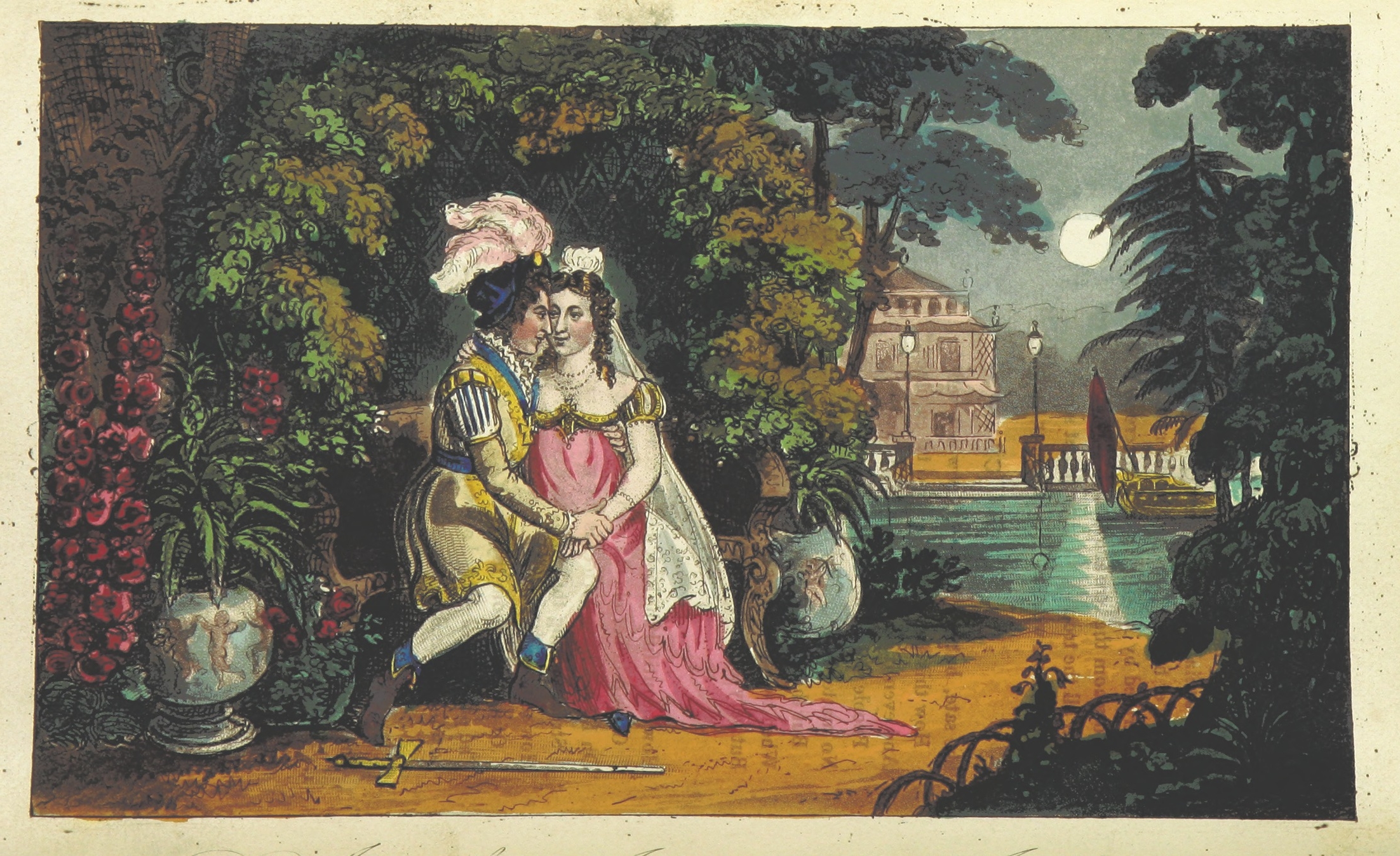In this build up to Valentine's Day, we thought we'd indulge you with tales of cads, rogues and philanderers whose antics would have had Cupid self-harming with his arrows in horror
Charlemagne: the randy Emperor, 742-814AD
Charlemagne, or Charles I or Charles the Great as he was also known, was the charismatic, attractive, 8th-century King of the Franks, Emperor and founder of modern Europe. He was also a bit of a philanderer and it's alleged that, if you're European, there's a mathematical certainty you're a descendant of this fruitful man who bore 18 children over his lifetime with eight out of his 10 known wives and concubines, and had many, many legitimate and illegitimate grandchildren. So next time you look in the mirror, remember you could be looking at the shadow of a mighty, if rather randy Emperor. You can find out more about Charlemagne and your potential ancestry in this awesome episode of QI.
Lord Byron: mad, bad and dangerous to know, 1788-1824
There aren't many Lords refused burial at Wesminster Cathedral for their 'questionable morality', but Byron is one of them. Handsome, athletic, a gifted poet and speaker of many languages, Byron was also a flamboyant Romantic, notorious for his aristocratic excesses, enormous debts, numerous lovers of both sexes and questionable ages, and possible incest, too. One of his conquests, the married Lady Caroline Lamb famously described him as "mad, bad and dangerous to know." That's catchy. Fancy writing that in your Valentine's card this year?
Don Juan: the fictional libertine
Ok, he's fictional, but the name Don Juan is pretty much the byword for 'womaniser', and his story has been told so many times by so many authors (including über cad himself, Lord Byron), he earns a well-deserved place in our philandering rundown. Despite the many interpretations of Don Juan, his basic story remains the same. In the first works by Tirso de Molino, Don Juan is a wealthy (kind of a prerequisite for a cad, isn't it?), violent, gambling libertine who prides himself on his ability to seduce women of all ages and social stations and who, in another interpretation, kills the father of a girl he seduced. Tirso's play was intended as a parable against Don Juan's sinful ways and ends with him being denied salvation by God. That will learn ye, ye cad ye.



